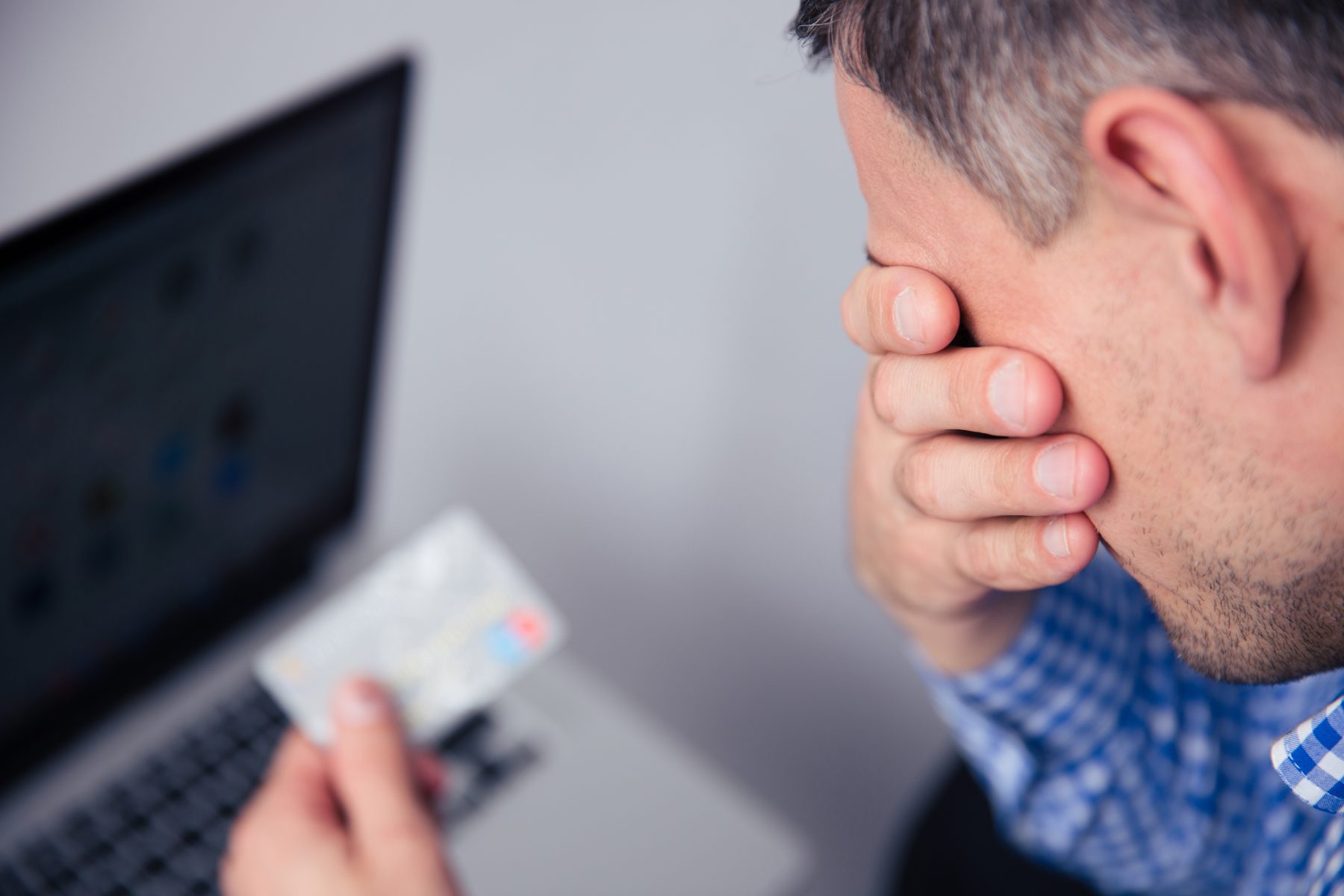What is a chargeback on a credit card?
Signing up for credit cards through partner links earns us a commission. Terms apply to the offers listed on this page. Here’s our full advertising policy: How we make money.
One of the many benefits to using a credit card versus a debit card or cash is the protections a credit card can offer. As a consumer and credit card holder, the Fair Credit Billing Act gives you the right to dispute certain charges to your credit card. This is meant to protect you from fraud and unauthorized charges.
When you dispute a charge and it results in a return of funds, it’s called a chargeback.

What is a chargeback?
Disputing a charge and initiating a chargeback is different from just a refund. In the case of a refund, the money will be returned to your account from a merchant. In comparison, a chargeback is handled by the card issuer. So when you dispute a charge, the money refunded to you is coming from the issuing bank. The purchaser didn’t return goods — the charge was determined to be illegitimate.
It’s important to understand that there are requirements that must be met when disputing a charge and initiating a chargeback. For one, you’ll have to report the charge within a certain number of days of the charge appearing on your statement. So, you won’t be able to dispute a charge from a year ago.
The steps involved in a chargeback
We always encourage credit card holders to keep an eye on their credit card and bank statements, just to ensure there aren’t any unexpected or unauthorized charges that pop up. If you do find something suspicious, you can start by contacting the merchant and ask for a refund. If that doesn’t work you can initiate the chargeback process.
To do so you’ll need to report the unauthorized charge to your bank or credit card issuer. This can usually be done online with many of the large issuers and banks, though you’ll likely have to provide a detailed request and reason for the chargeback. Then, the issuer or bank will investigate whether the charge is correct.
During that period, the merchant will be contacted by the issuer and they’ll be given the chance to respond to the claim. If they don’t respond, the merchant will take the hit, monetarily, and the chargeback will be granted. If they do provide a response and have evidence to support that the charge is valid, then the issuer will compare the information provided in the claim to the merchant’s response and decide what to do.
Reasons to request a chargeback
The most obvious reason one might request a chargeback is for fraudulent charges. But there are others too, including:
- Never having received a delivery of items ordered
- Receiving defective or damaged goods
- Duplicate charges
- Inaccurate charges
If you find any of these types of erroneous charges on your credit statement you can utilize the chargeback process to get your money back.
Bottom line
A chargeback can be a valuable tool when you’re faced with invalid charges on your credit card statement. If you’re unable to get a refund from the merchant where the charge was made, initiating a chargeback is a fairly straightforward process. When you contact your card issuer or bank, be sure to have documentation of the erroneous charge to help expedite the process.
Editorial Note: We're the Million Mile Secrets team. And we're proud of our content, opinions and analysis, and of our reader's comments. These haven’t been reviewed, approved or endorsed by any of the airlines, hotels, or credit card issuers which we often write about. And that’s just how we like it! :)






Join the Discussion!